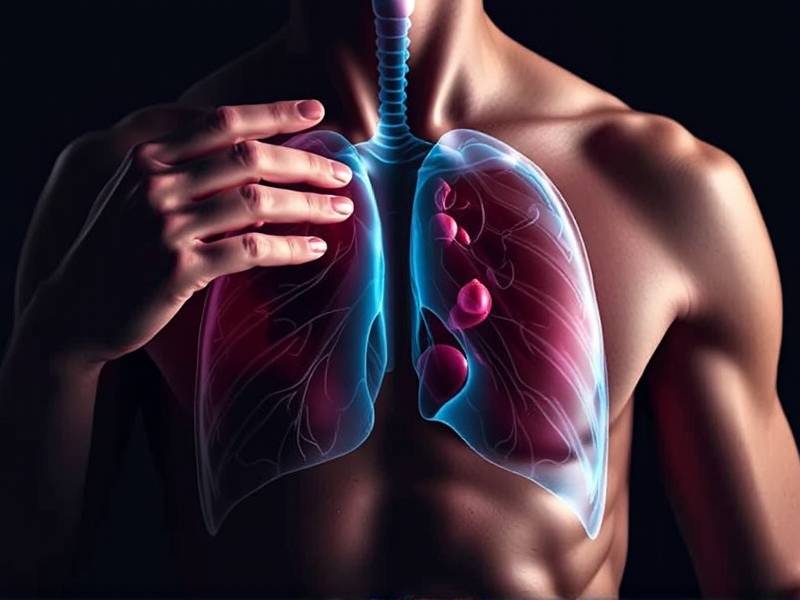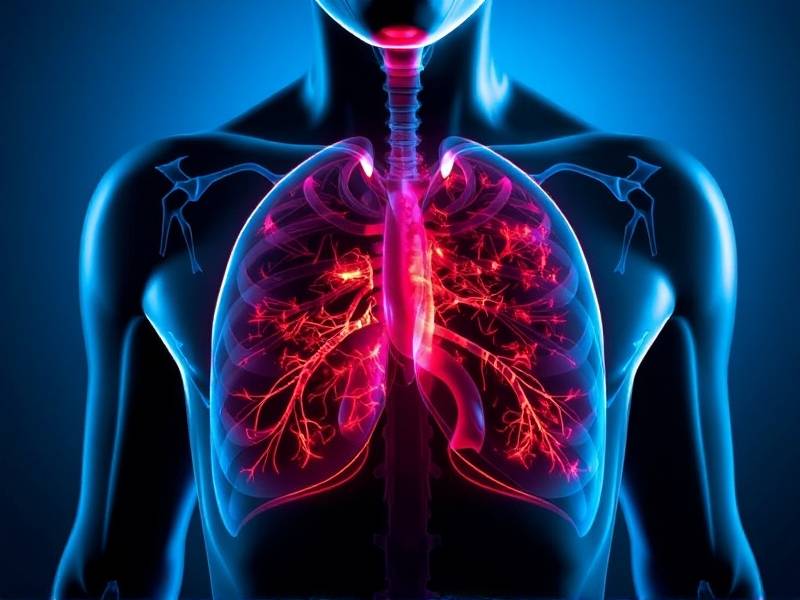When Will My Chest Feel Better After Quitting Smoking?
The Journey to a Healthier Chest: When Will It Feel Better After Quitting Smoking?
Introduction: Quitting smoking is a significant step towards improving your health, and many individuals are eager to know when they can expect their chest to feel better. While the timeline varies for each person, this article will explore the process of recovery and provide insights into how your chest can gradually improve after quitting smoking.
Understanding the Impact of Smoking on Your Chest

-
The Immediate Effects of Smoking Smoking damages the lungs and respiratory system, leading to symptoms such as coughing, wheezing, and shortness of breath. These symptoms often worsen over time, making it challenging for smokers to breathe comfortably.
-
The Healing Process When you quit smoking, your body begins to heal immediately. The first few weeks are crucial as your body starts to rid itself of harmful toxins. However, it may take several months or even years for your chest to fully recover.
Timeline for Chest Improvement After Quitting Smoking
-
Weeks 1-3 During this period, you may experience an increase in coughing as your body clears out mucus and debris accumulated from years of smoking. While this may be uncomfortable, it's a sign that your lungs are starting to heal.
-
Months 3-6 After about three months, you'll likely notice an improvement in your overall lung function and breathing capacity. Your cough may decrease in intensity and frequency. Many individuals report feeling more energetic during this time.
-
Months 6-12 By this stage, you should experience a significant reduction in coughing and shortness of breath. Your lungs continue to repair themselves, and you may notice that you can breathe more easily during physical activities.
-
Years 1-5 Over the next few years, your lungs will continue to recover at a slower pace. You'll likely see improvements in lung capacity and overall respiratory health. Some individuals may even reverse some of the damage caused by smoking.
-
Long-Term Benefits The longer you remain smoke-free, the better your chances of experiencing long-term benefits for your chest health. Research has shown that quitting smoking can lead to improved lung function and reduced risk of developing chronic respiratory diseases such as COPD (Chronic Obstructive Pulmonary Disease).
Tips for Accelerating Chest Recovery
- Stay smoke-free: The most effective way to improve chest health is by not smoking.
- Practice deep breathing exercises: These exercises can help improve lung function.
- Stay hydrated: Drinking plenty of water can help clear mucus from your lungs.
- Engage in regular physical activity: Exercise promotes lung health and overall well-being.
- Seek support: Joining a support group or seeking counseling can provide motivation and guidance during your journey towards better chest health.
Conclusion: The road to a healthier chest after quitting smoking is unique for each individual but generally involves a gradual process of healing over time. By staying smoke-free and adopting healthy habits, you can expect improvements in chest health as your body recovers from the damage caused by tobacco use. Remember that it's never too late to quit smoking – take that first step today!

